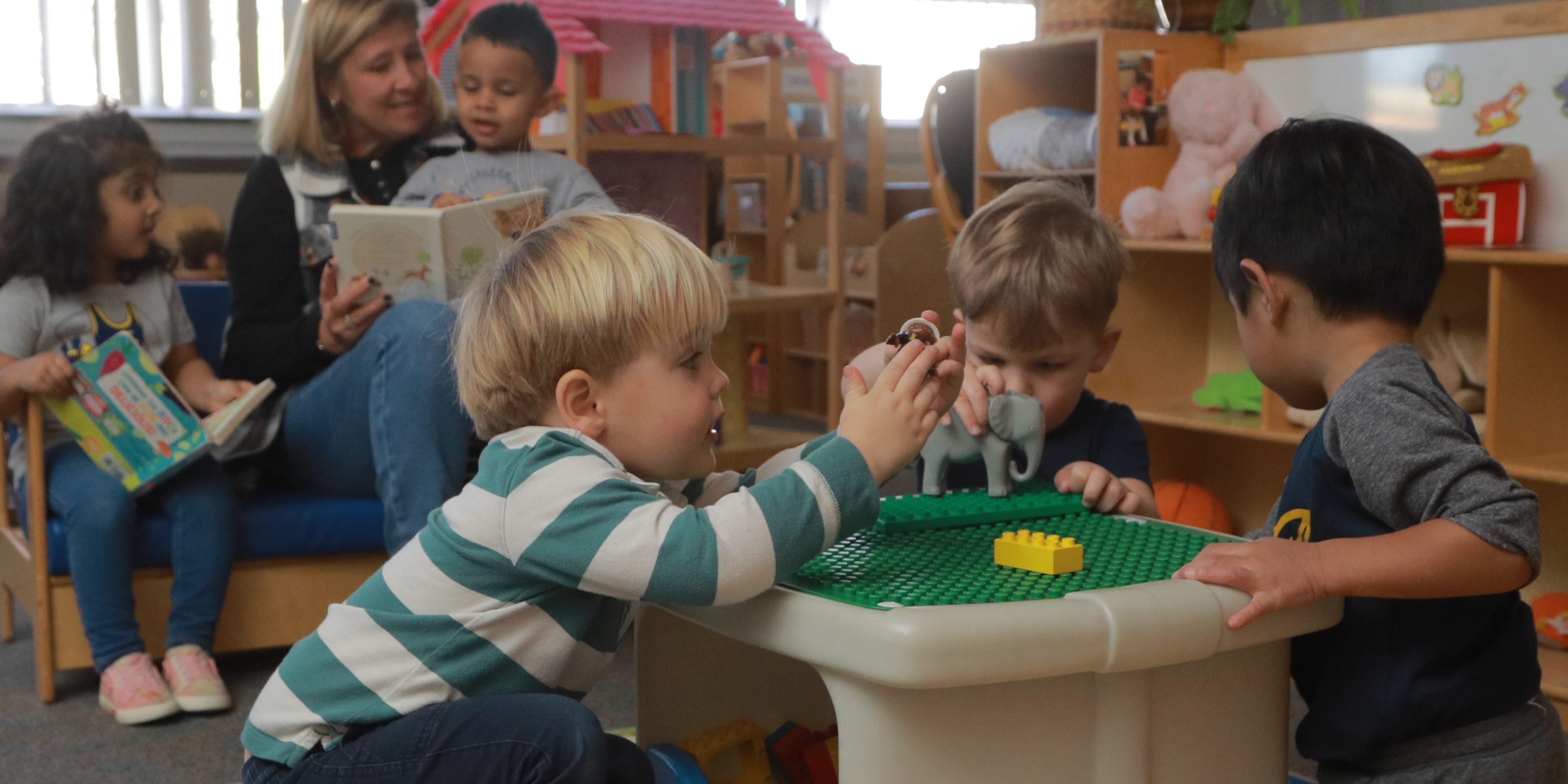Curriculum and assessments

Curriculum
Creative Curriculum
The Creative Curriculum builds children’s confidence, creativity, and critical thinking skills through hands-on, project-based investigations. Trusted for decades by early childhood educators, the curriculum
- respects and nurtures individual skill progression for the whole child,
- harnesses the power of play through studies that engage learners as young as 2,
- seamlessly connects families to their children’s learning learning, and
- provides intentional support for every teacher every day.
Assessments
Teaching Strategies GOLD
Teaching Strategies GOLD is an authentic, ongoing observational system for assessing children from birth through kindergarten. It helps educators to observe students in the context of everyday experiences, which is an effective way to learn what they know and can do.
Teaching Strategies GOLD is based on 38 objectives for development and learning that include predictors of school success and are based on school readiness standards. The objectives are aligned with the Common Core State Standards, state early learning guidelines, and the Head Start Child Development and Early Learning Framework. These objectives are at the heart of the system; teachers use them to focus their observations as they gather information to make classroom decisions. Learn more about Teaching Strategies GOLD.
Ages and Stages questionnaire
The Ages & Stages Questionnaires®, (ASQ®) is a developmental screening tool that pinpoints developmental progress in children between the ages of one month to 5 ½ years. Drawing on parents’ expert knowledge, ASQ has been specifically designed to pinpoint developmental progress and catch delays in young children—paving the way for meaningful next steps in learning, intervention, or monitoring.
Evidence shows that the earlier development is assessed—the greater the chance a child has to reach his or her potential. Learn more about Ages & Stages Questionnaire.
NAEYC: The Power of Playful Learning in the Early Childhood Setting


